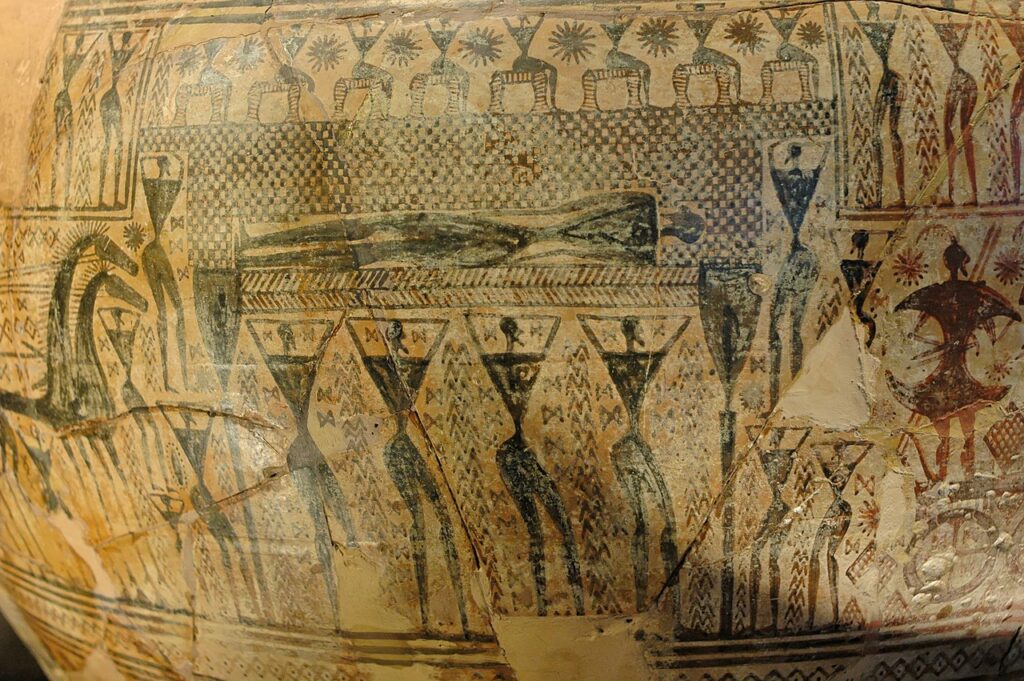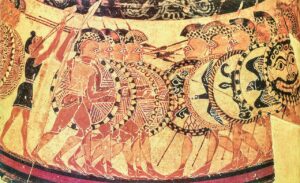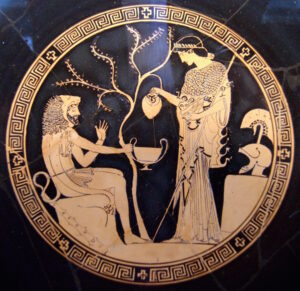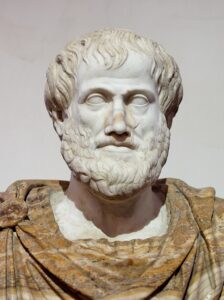Historians have identified 4 historical periods of ancient Greece, which include the Archaic Period, the Classical Period, the Hellenistic Period and the Roman Period. Taken together, these 4 historical periods (or eras) represent over a millennium of ancient Greek history, and highlight the historical significant eras of ancient Greek art, culture, government, mythology and society.
The Archaic Period of Ancient Greece (800-480 BCE)
The Archaic Period marks the emergence of the city-state, or polis, as the dominant form of political organization. The Archaic Period saw the development of the city-state as a center of economic, political, and cultural activity. It also saw the emergence of the concept of citizenship and the development of the first democratic government in Athens.
The Classical Period of Ancient Greece (480-323 BCE)
The Classical Period of ancient Greece is often considered to be the Golden Age of ancient Greek history. It saw the emergence of Athens as a major cultural and political power and the development of the first empire in the Mediterranean. This period saw the flourishing of art, literature, philosophy, and science and the growth of the city-state system. The Classical Period was also the era in which Alexander the Great rose to power and famously united the Greek city-states into an empire.
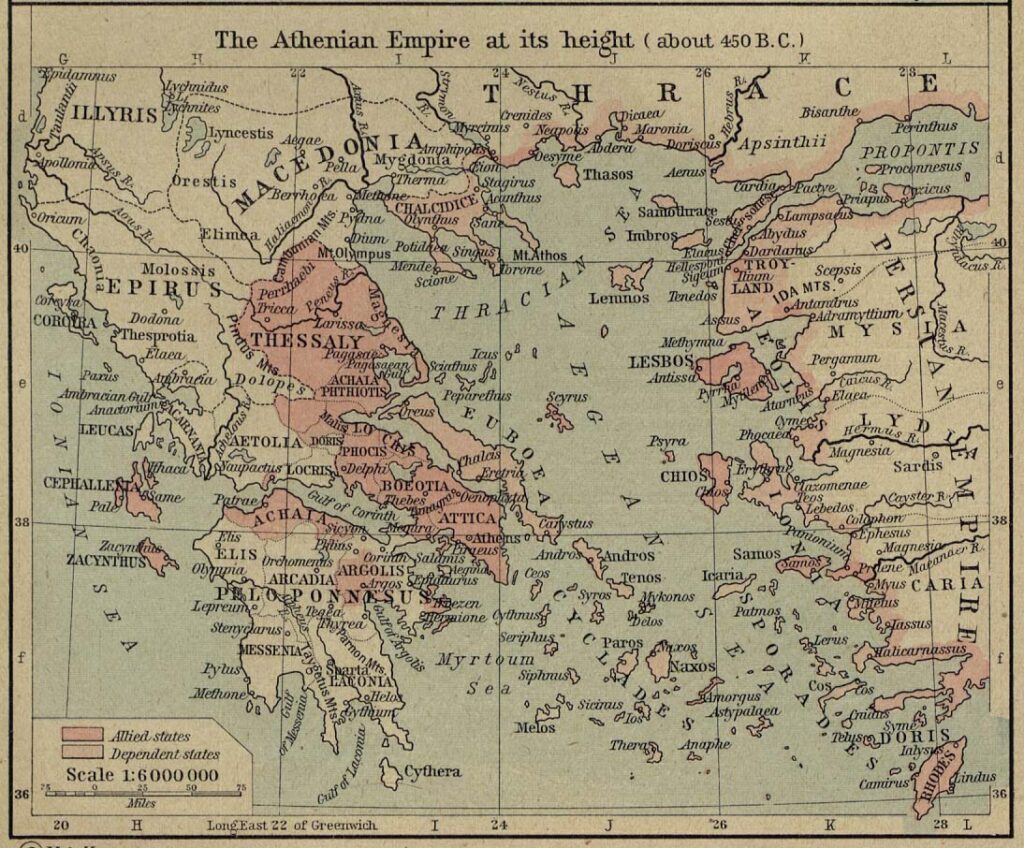
The Hellenistic Period of Ancient Greece (323-146 BCE)
The Hellenistic Period of ancient Greece is marked by the spread of Greek culture and the emergence of the Greek-speaking world. The Hellenistic Period is considered to have begun after the death of Alexander the Great in 323 BCE. During this time, it saw the rise of the Macedonian Empire and the spread of Greek culture throughout the Middle East and Egypt. It also saw the flourishing of science, mathematics, and philosophy.
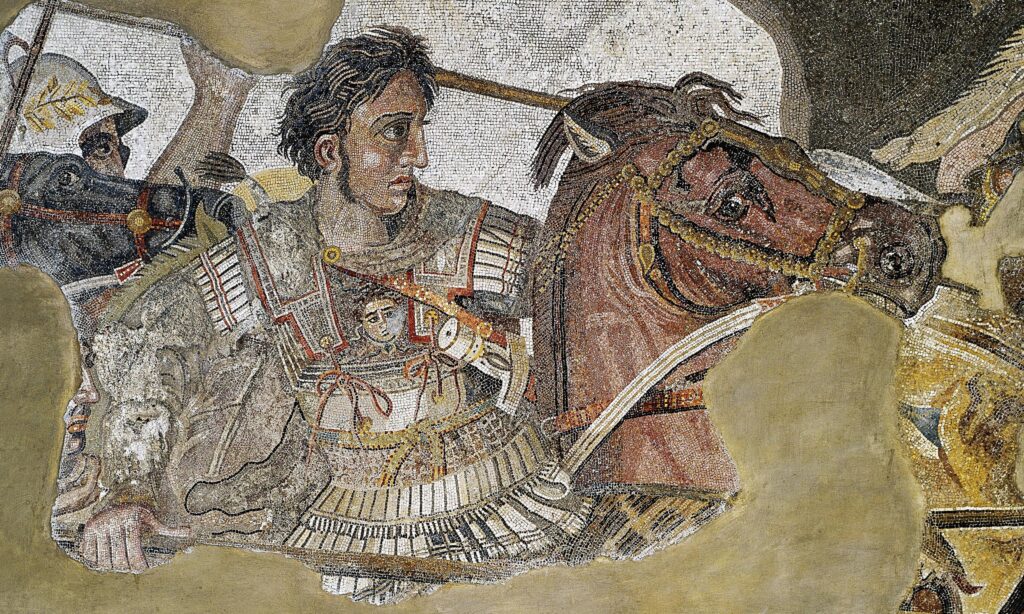
The Roman Period of Ancient Greece (146 BCE-476 CE)
The Roman Period marks the end of the independent Greek city-states and the beginning of the Roman Empire’s rule in Greece. The Roman Period saw the decline of the Greek city-states, but Greek culture and language continued to be an important influence throughout the Roman Empire.

